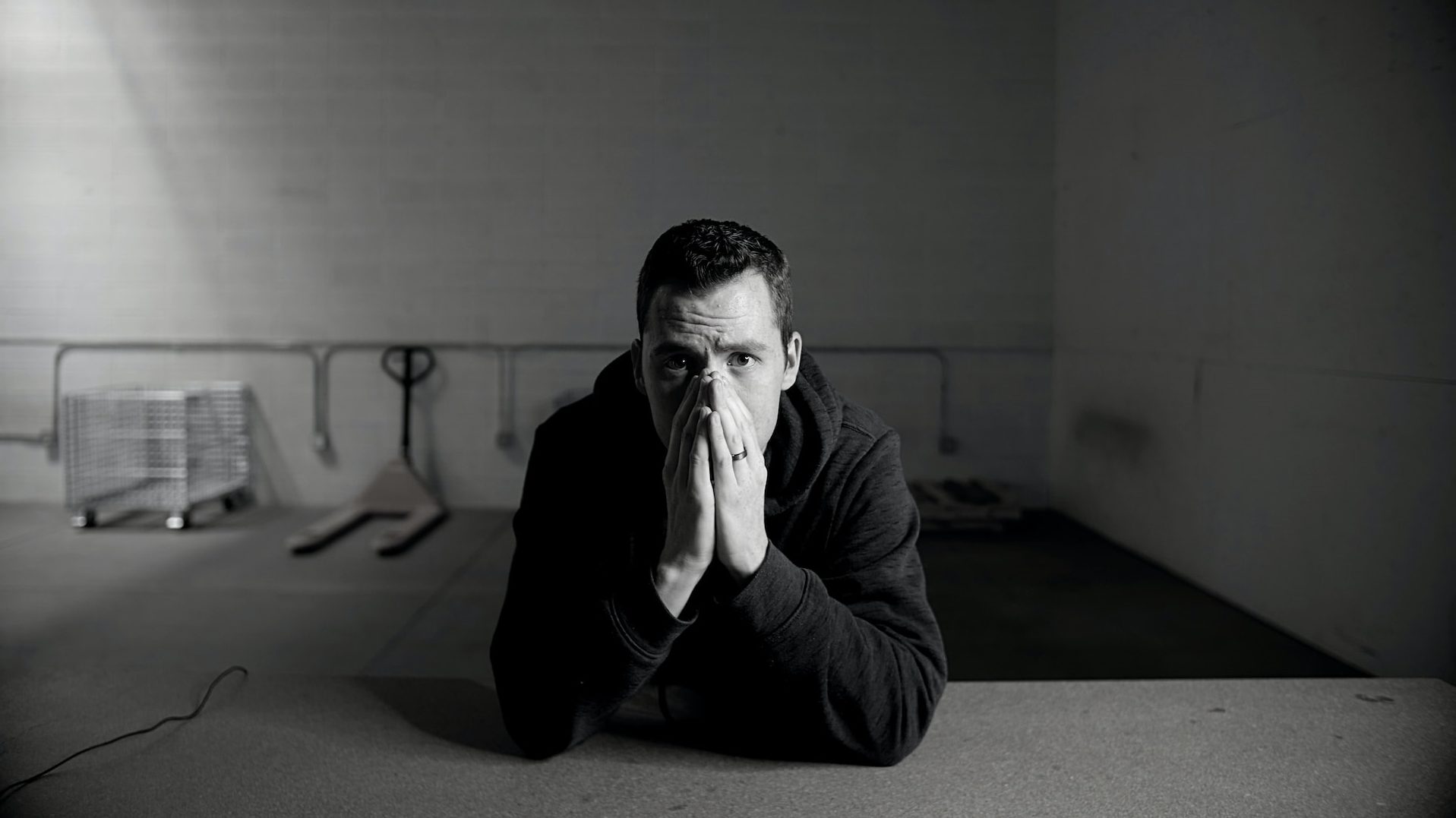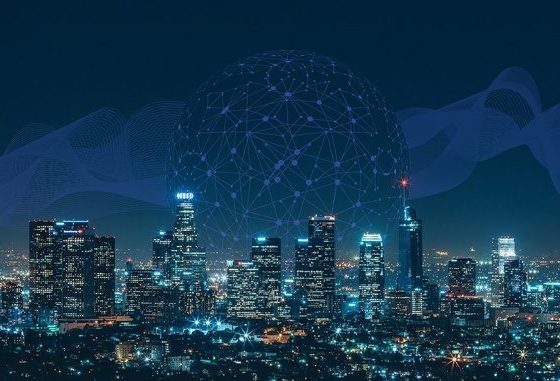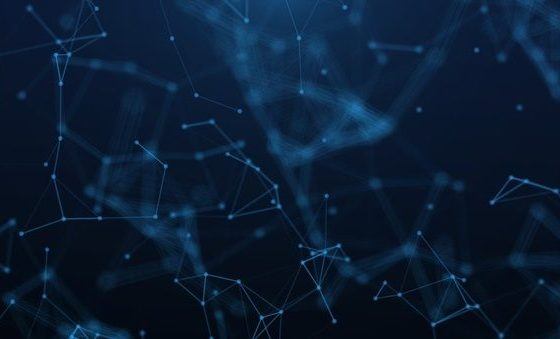ChatGPT and now Bard are the two latest Artificial Intelligence (AI) machines that have made a buzz in the world. However, they are neither the first, nor the last of their kind; AI is taking the world by storm.
From writing assistants through autonomous cars to replacing surgeons, AI and robots are taking our place, and the process is accelerating exponentially.
IBM, for example, has recently announced that it will pause hiring of 7,800 employees and replace them with AI. Likewise, British telecom major, BT, is planning to cut nearly 55,000 jobs by 2030 and replace some of them with artificial intelligence tools. No doubt, this is only the beginning.
“If, until recently, most people believed that AI and automation would replace only manual laborers and simple, repetitive tasks, now the picture seems very different.”
If, until recently, most people believed that AI and automation would replace only manual laborers and simple, repetitive tasks, now the picture seems very different. AI can draft legal documents and perform research; it can code like a programmer, and operate with precision that no human surgeon can. At the moment, it is used mainly to assist human professionals, but it is improving so rapidly that the day when humans are no longer needed for almost any job seems to come much sooner than we thought.
We have been brought up to build our self-esteem based on our job, our profession. We may think that a workless world is paradise, but because we value ourselves and others by our professions or our careers, a world where people have nothing to do, and nowhere to find anything to do, is a world of life without meaning. This is a very sad and bad world to live in.
The reality today, even though most of us still do not feel it, is that in terms of jobs, half, if not three quarters of the world population is redundant. There is simply no need for that many workers in the world.
The problem is that until approximately two centuries ago, we were like all other animals, and natural enemies kept human population in check. While other animals had predators, we had plagues and wars, but the result was the same: human population did not explode.
However, once we found a way to overcome disease and reduce child mortality, there was nothing to prevent human population from exploding. The constraints have been lifted and the balance has been broken.
“Yet, even with the eight billion people in the world, and even with more than that, we can still avoid depleting and polluting the earth. The question is not one of culling human population, but of educating ourselves to behave in a sustainable way.”
Yet, even with the eight billion people in the world, and even with more than that, we can still avoid depleting and polluting the earth. The question is not one of culling human population, but of educating ourselves to behave in a sustainable way.
Here, too, we need to understand what education for living in a sustainable way means. It will not help us to terrify people by telling them that if they burn fossil fuels it will kill the planet. We need a deeper, more comprehensive form of education—one that helps people find meaning in life, and shows them what to do, not what to avoid.
The education that people need is one that lifts them above our inherent self-centered nature. Education means teaching ourselves to truly care for one another, not because it is a nicer way to live, but because this is how all of nature exists. Once we know this and understand that we, too, should live like that, we will be able to establish a different paradigm of living, and as a result, we will lead a more peaceful life, harmonious with nature and with each other.
“Although we will have much better lives than the current rat-race we define as life, better lives will not be the goal, but the outcome of a deeper understanding of the nature around us, of our own nature, and how we can entwine the two in a way that elevates us to a new level of existence.”
Although we will have much better lives than the current rat-race we define as life, better lives will not be the goal, but the outcome of a deeper understanding of the nature around us, of our own nature, and how we can entwine the two in a way that elevates us to a new level of existence. Today, an educational process of this kind is not an option; it is mandatory if we want to avoid a social, economic, and eventually existential collapse.











